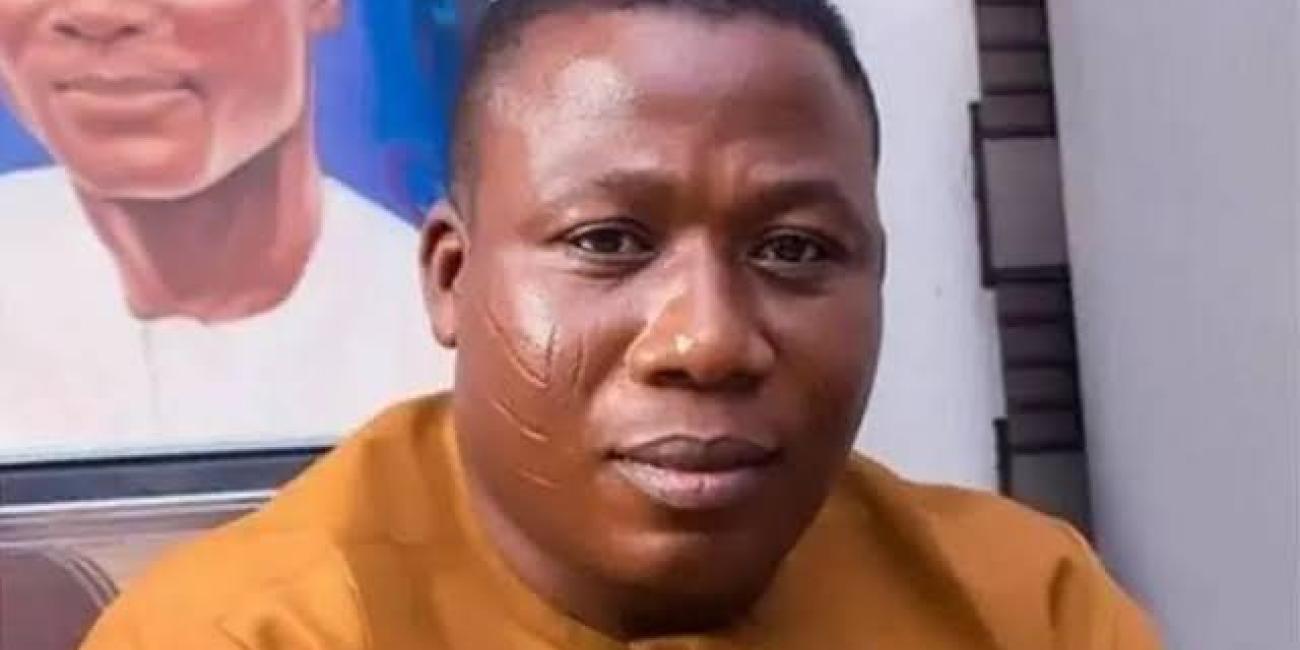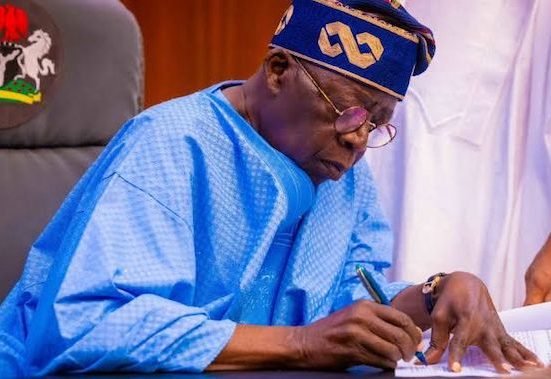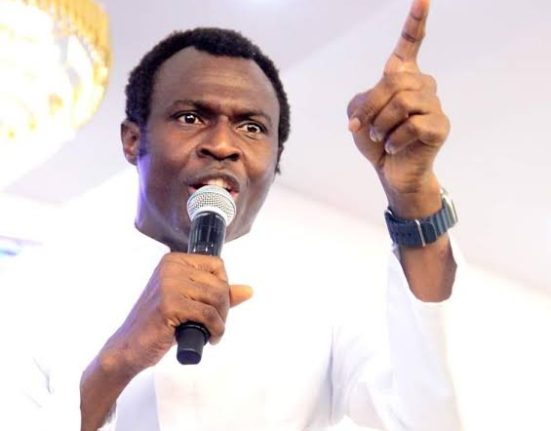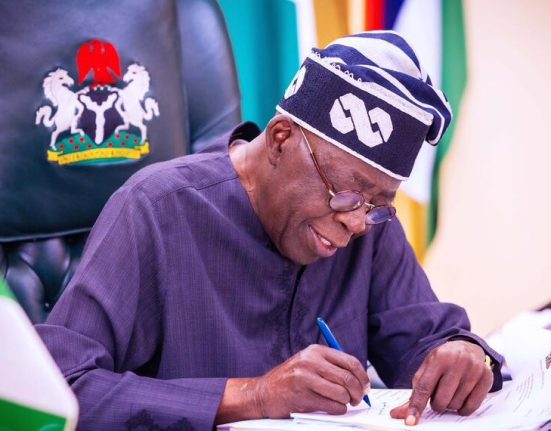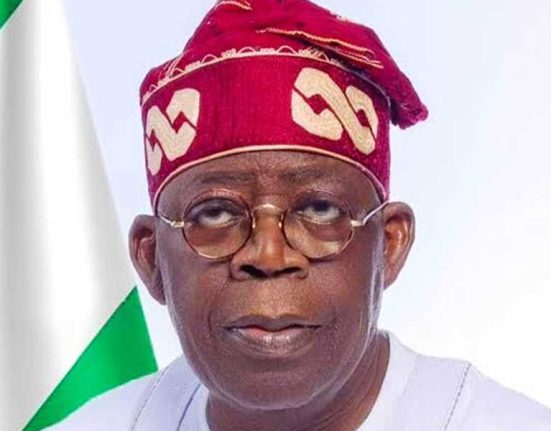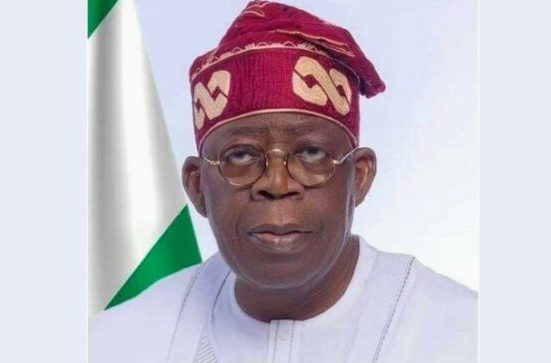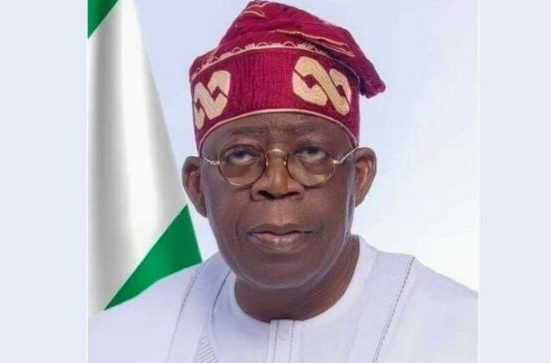Yoruba Nation campaigner, Chief Sunday Adeyemo, widely known as Sunday Igboho, has alleged that the administration of President Bola Ahmed Tinubu is continuing what he described as a campaign of persecution initiated by former President Muhammadu Buhari. In an emotionally charged message delivered through his media aide, Olayemi Koiki, Igboho accused the Nigerian authorities of maintaining a political vendetta against him, despite his legal exoneration abroad and court rulings in his favour.
In an audio broadcast released on Monday, Koiki stated that Igboho’s name remains on Nigeria’s wanted list, even after the Republic of Benin cleared him of all charges and released him from custody in 2022. He disclosed that both Igboho’s personal bank accounts and the corporate accounts of his businesses have been frozen, in what he described as deliberate defiance of court decisions and an attempt to silence the Yoruba Nation movement.
“We have made several lawful requests for the unfreezing of his bank accounts, including those linked to his companies, yet the Nigerian government has refused. What exactly is his crime? Standing up against injustice in Yorubaland?” Koiki asked rhetorically.
Igboho, who fled Nigeria following a violent raid on his Ibadan residence by the Department of State Services (DSS) in July 2021, has continued to insist that his agitation is rooted in constitutional rights and the demand for self-determination. During the raid, DSS operatives claimed they recovered firearms and accused him of plotting to destabilize the country. He narrowly escaped arrest during the operation but was declared wanted shortly after.
He was later arrested in Cotonou, Benin Republic, and arraigned on charges ranging from arms trafficking and incitement to secessionist activities. However, after months of legal and diplomatic proceedings, he was released in March 2022. Since then, Igboho has remained in exile, while Nigerian authorities have reportedly refused to lift restrictions against him.
Koiki, in the latest address, also pointed to the Nigerian government’s failure to comply with a court judgment awarding compensation to Igboho for the DSS invasion of his residence. “The court ruled that the government must compensate him for the illegal destruction of property and violation of his rights, yet nothing has been done to that effect,” he said, calling it a blatant disregard for the rule of law.
Prominent Yoruba scholar and respected Oodua Nation advocate, Professor Banji Akintoye, has also weighed in on the matter, accusing the Nigerian government of trying to buy Igboho’s silence while he was held in Benin Republic. According to Akintoye, former Chief of Army Staff, Lt. Gen. Tukur Buratai (retd.), acting in a diplomatic capacity, approached Igboho in custody and offered him billions of naira to renounce the Yoruba self-determination movement.
“Buratai went there with a prepared document asking him to sign away his right to the agitation. He refused to sign, and Buratai left with the paper,” Akintoye alleged.
Igboho’s team also recalled that in October 2022, he reached out to British political leaders, including now Prime Minister Keir Starmer, appealing for international recognition of the Yoruba Nation movement and support for peaceful self-determination in Nigeria. His appeal, they said, was part of a broader effort to draw global attention to the plight of his people and the continuous political repression he faces.
While many of his supporters continue to hail him as a freedom fighter, critics within government circles have dismissed the movement as a threat to Nigeria’s unity. Yet, Igboho’s stance remains unchanged: a peaceful, democratic call for the restructuring of the Nigerian state in line with the rights of indigenous nationalities.
Despite his continued stay outside the country, Igboho maintains a growing base of support across the Southwest, where ethnic and political tensions over resource control, marginalisation, and regional autonomy continue to shape public discourse. His spokesperson concluded by calling on the Tinubu administration to embrace justice and constitutionalism rather than perpetuating what they describe as a legacy of political intolerance.

